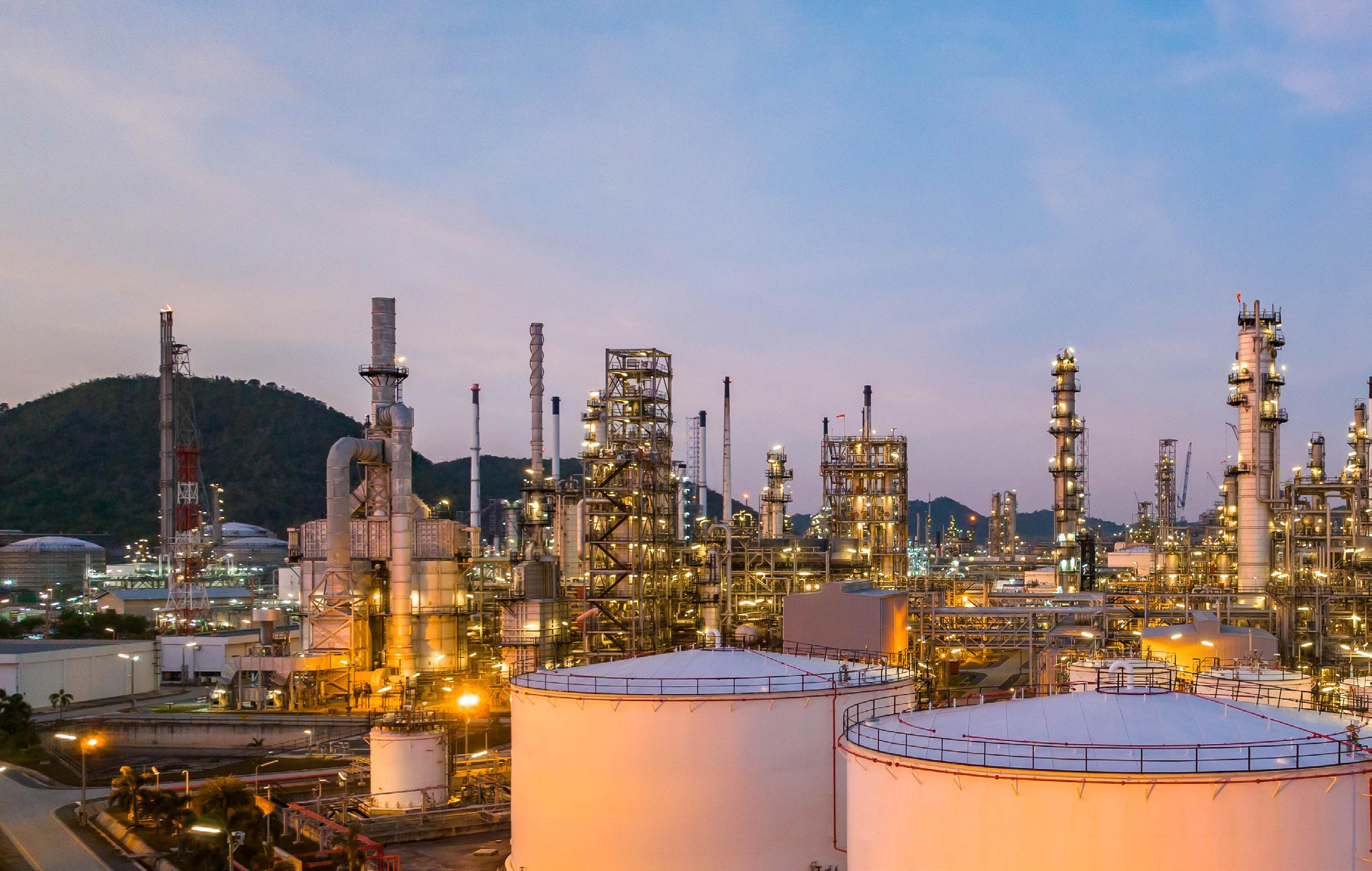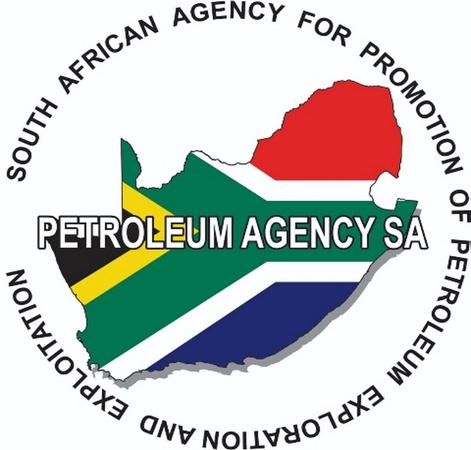
5 minute read
THE ROAD FROM UPSTREAM PETROLEUM EXPLORATION TO PRODUCTION SOUTH AFRICA’S OIL AND GAS INDUSTRY AS A STRATEGIC TOOL TO DRIVE TRANSFORMATION AND ATTAIN ENERGY SOVEREIGNTY
The Petroleum Agency SA (PASA) plays a pivotal role in regulating and promoting South Africa’s upstream petroleum industry. With four major offshore sedimentary basins and extensive onshore reserves, South Africa possesses significant untapped oil and gas resources. PASA operates under the Mineral and Petroleum Resources Development Act (MPRDA), ensuring responsible exploration, evaluation, and licensing while advising the government on strategic industry developments.
The agency also acts as the custodian of all geotechnical data generated from exploration and production activities, positioning itself as the knowledge hub for the country’s oil and gas potential.
Unlocking South Africa’s Oil and Gas Potential
Historically known for its mining industry, South Africa also holds an estimated 26 billion barrels of oil and over 300 trillion cubic feet (Tcf) of natural gas in its offshore and onshore reserves. Offshore basins, such as the Orange, Great-Outeniqua, Durban, and Zululand Basins, present major opportunities, while inland, regions like the Karoo and Limpopo Basins hold massive unconventional gas deposits. These reserves remain largely underdeveloped, despite promising estimates. South Africa currently imports its crude oil and gas, making it highly dependent on external sources. However, unlocking domestic resources would not only enhance energy security but also foster economic transformation and industrial development.
The Current State of Oil and Gas Supply in South Africa
Despite having vast petroleum potential, South Africa is not yet a major producer of oil and gas. The country relies heavily on imported crude oil, primarily from the Middle East and OPEC members. Its natural gas supply comes from Mozambique’s Temane-Pande gas fields, which are expected to be depleted by 2026. South Africa previously sourced gas from PetroSA’s Block 9 offshore Bredasdorp Basin, but those fields were exhausted by 2020/21. This reliance on imports highlights the urgency of developing domestic resources to ensure a stable and selfsufficient energy supply.
Investment and Growth Prospects in the Oil and Gas Sector
The upstream sector remains in its infancy, yet several key projects signal promising growth. The 3.4 Tcf Block 11b/12b gas discovery off Mossel Bay remains one of the largest in the country’s history. This project is well-positioned for development due to its proximity to PetroSA’s Mossel Bay GTL refinery, which could serve as an off-taker for production. Other highpotential offshore projects include the Deep-Water Orange Basin (DWOB), Block 5/6/7, and Block 3b/4b, where major players are conducting seismic surveys and exploratory drilling.
Onshore, the Virginia Gas Project in the Free State is the only operation with an active Production Right (PR). It focuses on methane gas (LNG) and helium production, with ongoing well developments to expand capacity. Similarly, the Amersfoort Gas Project in Mpumalanga holds an estimated 6 Tcf of coal-bed methane (CBM) and conventional sandstone gas and is transitioning from exploration to production. Meanwhile, the Karoo Basin’s 209 Tcf shale gas potential remains one of the most significant onshore reserves, with ongoing geoscientific and environmental studies guiding future developments.
The Economic and Strategic Benefits of Unlocking Oil and Gas Reserves
If South Africa were to fully realise its estimated 300 Tcf of natural gas, the country could become the leading gas producer in Africa and rank among the top 10 globally. Furthermore, converting its 26 billion barrels of oil from estimated resources to proven reserves would position South Africa among Africa’s top five oil-producing nations. Beyond energy security, unlocking these resources could drive job creation, skills development, economic transformation, and industrial expansion. Additionally, greater domestic production would reduce reliance on volatile global markets and geopolitical uncertainties that currently impact fuel supply and pricing.
Investment Opportunities Across the Value Chain
South Africa presents numerous investment opportunities across the entire oil and gas value chain. Key areas include exploration and production, gas-to-power projects, LNG import/export terminals, development of ports, refinery upgrades, pipeline expansion, offshore platform construction, and distribution infrastructure. Given South Africa’s 60-million-plus population and its position within the 370-millionstrong SADC region, the demand for petroleum products is substantial. These factors make the country a prime location for investors looking to establish a foothold in Africa’s energy sector.
Strategic Projects to Watch in South Africa’s Upstream Sector
Several critical projects are advancing South Africa’s oil and gas industry. Offshore, Block 11b/12b remains a focal point, with additional seismic surveys and well drilling planned. In the Orange Basin, exploration in Blocks 5/6/7, DWOB, and Block 3b/4b is progressing rapidly. The Ibhubesi Gas Field (Block 2A) off the West Coast, holding an estimated 0.5 Tcf of natural gas, is another high-potential development.
Inland, the Virginia Gas Project continues to expand production, while the Amersfoort Gas Project is attracting investment from potential gas off-takers in the energy sector. Meanwhile, ongoing Karoo shale gas studies will determine the feasibility of future extraction. If successful, this project could significantly alter South Africa’s energy landscape by unlocking vast reserves of clean-burning natural gas.
PASA’s Role in South Africa’s Energy Future
As the designated regulatory authority, PASA remains committed to ensuring sustainable exploration and production, fostering public-private partnerships, and providing technical expertise to drive the industry forward. Through strategic collaboration with government, industry stakeholders, and international partners, PASA aims to position South Africa as a competitive oil and gas producer while ensuring long-term energy sovereignty and economic growth.
Fast Facts: South Africa’s Oil and Gas Potential
Estimated Reserves:
• 26 billion barrels of oil
• 300 trillion cubic feet (Tcf) of natural gas
Key Exploration Areas:
Offshore: Orange Basin, Great-Outeniqua Basin, Durban Basin, Zululand Basin
Onshore: Karoo Basin, Limpopo Basin, Free State, Mpumalanga
Notable Discoveries:
• 3.4 Tcf gas discovery (Block 11b/12b, Southern Outeniqua Basin)
• 209 Tcf shale gas potential (Karoo Basin)
• 0.5 Tcf Ibhubesi Gas Field (West Coast)
Strategic Benefits:
• Enhancing energy security and economic transformation
• Reducing dependency on imports
• Creating investment and job opportunities across the sector
Key Players & Agencies:
PASA (Petroleum Agency SA)Regulatory body
PetroSA, CEF, Transnet, SasolIndustry stakeholders











